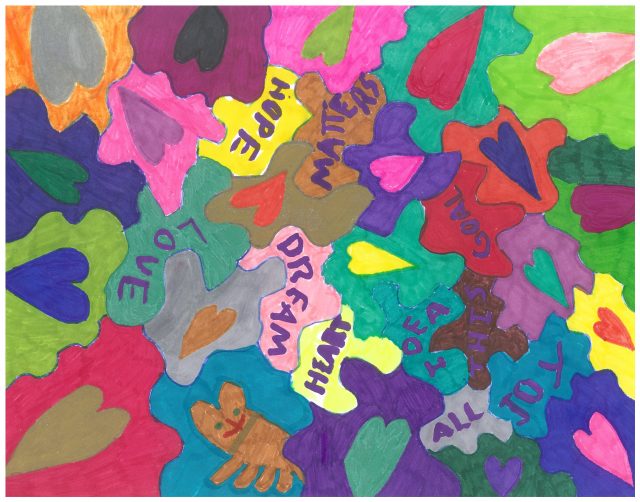Borrowing from the experience of pilot projects around the world, the academic and practical expertise of our Hunter/CUNY faculty associates, and our 7 years of experience, SDMNY has developed and refined a Facilitation model in which persons with I/DD (the Decision-Makers) choose trusted persons in their lives—often family members, neighbors, or friends—to support them in making decisions in a variety of areas.
Learn more about our three-phase facilitation model
In the SDMNY process, a trained facilitator, supervised by an experienced mentor, works with the Decision-Maker and their chosen Supporters to negotiate and formalize an agreement, the Supported Decision-Making Agreement (SDMA), that sets out the responsibilities and obligations of the parties.
Learn more about Facilitators and Mentors
Facilitation meetings are less than an hour take place weekly, or as the parties agree. On average, the facilitation process requires about 14 meetings and are held remotely, with protocols developed by SDMNY.
Goals of the Facilitation Process:
The facilitation process assists the Decision-Maker to understand more about how decisions are made, the different areas where they may want support (health care, education, living arrangements, finances, etc.), and the kinds of support they prefer in each of those areas. Decision-Makers identifies people they would like to be Supporters as well as the kinds of support they want from each one. For example, a Decision-Maker might choose their mother to give support in gathering and understanding information about health care decisions, their dad to support them in developing alternatives and considering consequences about financial decisions, and a sibling and a friend to provide support in gathering information and weighing alternatives in choices about intimacy and relationships. The number of Supporters chosen by a Decision-Maker has varied from 2 to 13, and it is not uncommon for Supporters to be located outside New York (participating in meetings and providing support remotely) and even outside the United States.
As with everything else in the facilitation process, it’s the Decision-Maker’s choice!
